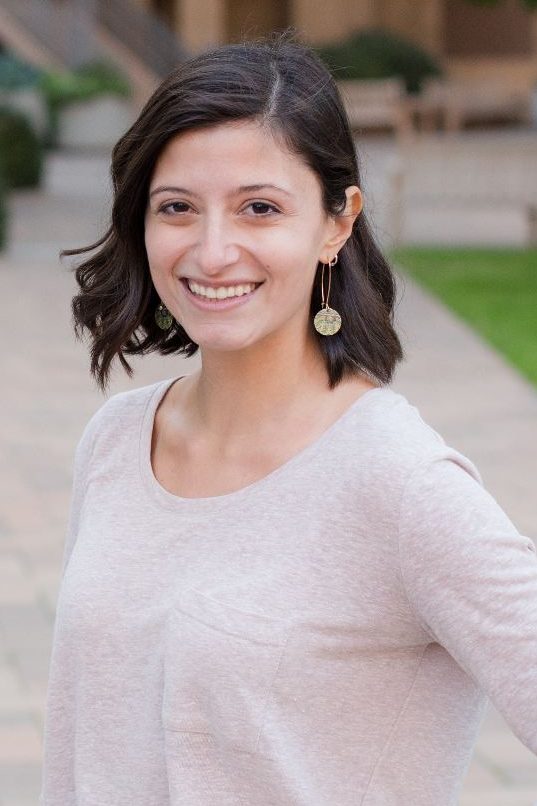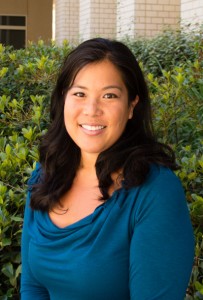Susan Turner, Director
Susan Turner is Professor Emerita in the Department of Criminology, Law and Society at the University of California, Irvine. She also serves as Director of the Center for Evidence-Based Corrections. She was previously an appointee of the President of the University of California to the statewide California Rehabilitation Oversight Board (C-ROB). Dr. Turner received her Ph.D. in Social Psychology from the University of North Carolina at Chapel Hill. She led a variety of research projects as Senior Behavioral Scientist at RAND before she came to UCI, including studies on racial disparity, field experiments of private sector alternatives for serious juvenile offenders, work release, day fines and a 14-site evaluation of intensive supervision probation. Dr. Turner’s areas of expertise include the design and implementation of randomized field experiments and research collaborations with state and local justice agencies. At UCI, she has completed projects with the California Department of Corrections and Rehabilitation on a number of topics, including risk assessment, prison and parole population forecasting, and evaluations of prison rehabilitation and parole programs. Dr. Turner is a Fellow of the Academy of Experimental Criminology, and former Chair of the Division of Corrections and Sentencing, and Division of Experimental Criminology of the American Society of Criminology. Dr. Turner received the Lifetime Achievement and Senior Scholar Awards from the Division of Corrections and Sentencing.
Elizabeth Cauffman
Elizabeth Cauffman is a Professor in the Department of Psychology and Social Behavior at the University of California, Irvine. She received her Ph.D. in Developmental Psychology from Temple University and completed a post-doctoral fellowship at the Center on Adolescence at Stanford University. Dr. Cauffman is interested in applying research on normative and atypical development to issues with legal and social policy implications, and her current work examines adolescent development in the context of juvenile justice policy and practice. Specifically, her research involves identifying developmental trajectories of delinquency, developing diagnostics to improve the identification of treatment needs among youthful offenders, and exploring the legal implications of research on the development of mature judgment (which include such interrelated issues as competence, amenability, and accountability). Dr. Cauffman is a consultant for the Pennsylvania Commission on Crime and Delinquency Mental Health Initiative and is a member of the MacArthur Foundation’s Research Network on Adolescent Development and Juvenile Justice. She is currently working with the California Youth Authority to address the mental health problems among juvenile offenders.
James Hess
Jim Hess is an analyst with the Center for Evidence-Based Corrections. He received his Ph.D. from the University of California, Irvine School of Social Science in the Program in Social Networks. His dissertation focused on migration, economic development, and globalization, using ethnographic and survey field research in an Orange County immigrant community and across a year’s residence in the Marshall Islands. This project showed the linkage between the dynamics of migration systems and phases in the evolution of globalization, and argued that the sustainability of development projects is a function of regional political economy and international finance, as well as local ecology and institutions. He has also participated in research projects at the Division of Epidemiology, the Center for Public Health and Research, and the UCI Libraries, and has provided consulting on advanced statistical analysis for systematic qualitative data. At CEBC he is currently focused on recidivism in the parolee population and predictors of the risk of recidivism, with a particular interest in family structures and cohesion, ethnicity, identity, and community/neighborhood effects.
Email: j3hess@uci.edu
Valerie Jenness
Valerie Jenness, Professor in the Department of Criminology, Law and Society and in the Department of Sociology at the University of California, Irvine, was a Visiting Professor in the Department of Sociology at the University of California, Santa Barbara in 2016 and, prior to that, she was a Senior Visiting Scholar at the Institute for Research on Women and Gender at the University of Michigan in 2015. She served as Dean of the School of Social Ecology from 2009 to 2015 and Chair of the Department of Criminology, Law and Society from 2001-2006.
Her research has focused on prostitution, hate crime, and prison violence and grievances to explore the links between deviance and social control, the politics of crime control, social movements and social change, and corrections and public policy. She is the author of four books, including: Appealing to Justice: Prisoner Grievances, Rights, and Carceral Logic (with Kitty Calavita); Making Hate a Crime: From Social Movement to Law Enforcement Practice (with Ryken Grattet); Hate Crimes: New Social Movements and the Politics of Violence (with Kendal Broad); and Making it Work: The Prostitutes’ Rights Movement in Perspective. She is also the co-editor of Routing the Opposition: Social Movements, Public Policy, and Democracy (with David Meyer and Helen Ingram) and the author of many articles published in sociology, law, and criminology journals.
Kristy Matsuda
Kristy N. Matsuda is an affiliate of the Center for Evidence-Based Corrections at the University of California, Irvine. She received her Ph.D. in Criminology, Law and Society at the University of California, Irvine in 2009. Her dissertation examined the impact of housing young offenders in state-run juvenile correctional facilities and adult prisons on their future recommitment. Her doctoral research was funded by the National Institute of Justice Graduate Research Fellowship. Dr. Matsuda then joined the Department of Criminology and Criminal Justice at the University of Missouri – St. Louis (UMSL) as an Assistant Research Professor. At UMSL she was part of the team conducting the National Evaluation of the Gang Resistance Education and Training (G.R.E.A.T.) Program. Dr. Matsuda’s broad research interests include juvenile and adult corrections, earned discharge from parole, gangs, and program evaluation.
Email: knmatsud@uci.edu

Laceé Pappas
Laceé Pappas is a postdoctoral fellow in the Department of Criminology, Law & Society at the University of California, Irvine (UCI). She received her Ph.D. in Social Ecology at UCI in 2022, where her dissertation research examined student perceptions of discipline and punishment regarding both zero-tolerance and restorative discipline models. Her current postdoctoral research involves evaluating family engagement policies and programs for incarcerated persons in the United States. Dr. Pappas has worked with the Center for Evidence-Based Corrections since joining UCI, where she assists on program evaluations regarding prison treatment models for incarcerated youth and young adults. Outside of her work conducting research in the field, she also uses various statistical methods, such as meta-analysis, is a lecturer for the School of Social Ecology, and serves on the Dean’s Strategic Planning Committee. Prior to receiving her Ph.D., Dr. Pappas earned her Bachelor of Arts in Sociology and Theology & Religious Studies from the University of San Diego and spent three years as a middle school teacher.
Email: lnpappas@uci.edu
Nancy Rodriguez
Nancy Rodriguez is a Professor in the Department of Criminology, Law and Society at the University of California, Irvine. Her research interests include inequality (race/ethnicity, class, crime and justice) and the collateral consequences of mass incarceration. Throughout her career, Dr. Rodriguez has engaged in use-inspired research and has been part of many successful collaborations with law enforcement, courts, and correctional agencies. She has conducted evaluations of various criminal justice programs, including drug courts, restorative justice panels, and detention alternatives. In October 2014, Dr. Rodriguez was appointed by President Barack Obama to serve as the Director of the National Institute of Justice (NIJ). As Director of NIJ, she made various awards to support research on the causes and consequences of incarceration and led the development of NIJ’s first strategic research plans in the areas of corrections, safety, health, and wellness, and policing. She worked with federal partners to raise awareness of crime and justice research gaps and collaborated with federal partners to make investments in research and evaluation. Since leaving NIJ, Dr. Rodriguez has dedicated her time to advancing research in the areas of racial and ethnic disparities and prison violence (with the generous support from the John D. and Catherine T. MacArthur Foundation and Arnold Ventures).
Note: At this time the Center does not have any open positions.





